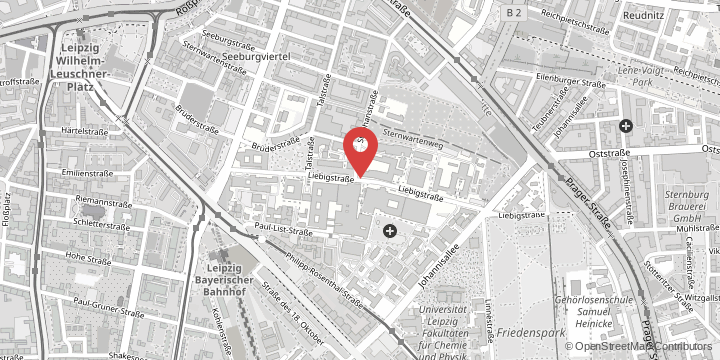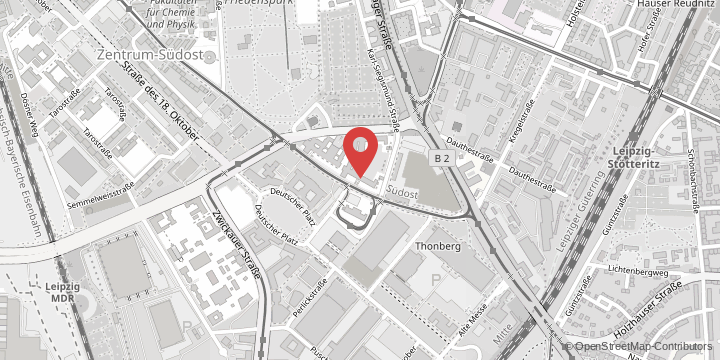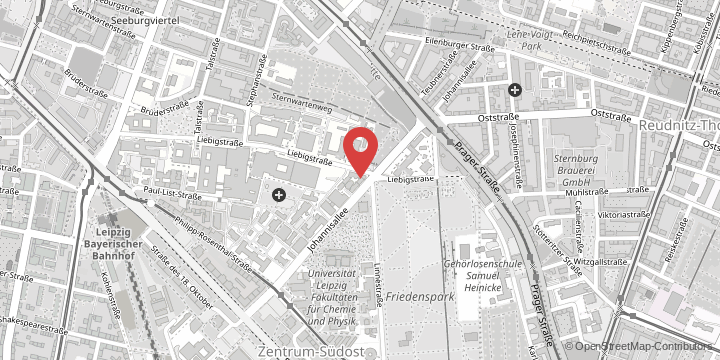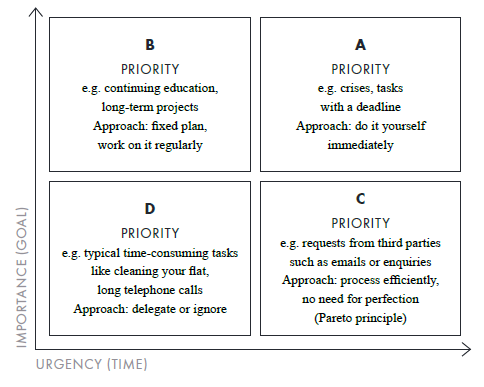What does "study success" mean? Most of you will primarily associate it with your desired university degree. On the journey you embark on from choosing your course of study, there are numerous challenging stages to master and occasionally even tricky terrain to navigate. With this website, we aim to provide you with guidance and offer insights to help you stay focused on your major goal and complete the journey towards attaining your university degree.
Checklist - Never miss important dates again
Our checklist for organising a successful semester compiles the most important dates and milestones before, during, and after the semester. Whether it's re-enrolment, module registration, or university sports course registration – the checklist makes it easy to keep track of which organisational tasks need to be done at which time of the academic calendar.
Re-enrolment summer semester until 15 February / winter semester until 15 August
- Re-enrolment for the next semester
- Pay the semester fee and validate your UniCard on time
- summer semester: 1 December – 15 February
- winter semester: 1 June – 15 August
- Choose modules for the new semester as per study regulations
- Find out about semester dates, e.g. academic calendar with start and end of lecture period
- Submit BAföG application
Summer semester: 1 April - 30 September / winter semester: 1 October - 31 March
- Module registration (usually shortly before the start of the semester)
- Create timetable
- Register for language courses, preventive health management courses for students, exercise and university sport courses
- Prepare for exams, create study plans
- Make a note of exam dates and coursework deadlines
- Use supplementary offers, e.g. workshops on academic writing at the Academic Lab or application trainings at the Career Service
- If necessary, deregister from modules/exams (usually no later than four weeks before the end of lectures)
Re-enrolment summer semester until 15 February / winter semester until 15 August
- Re-enrolment
- Pay the semester fee and validate your UniCard on time
- If necessary, apply for a leave semester during the re-enrolment period
- Await publication of exam results and prepare for resits if necessary
- Choose modules for the new semester as per study regulations
- Register for preventive health management courses for students, exercise and university sport courses for the lecture-free period
The majority of those who start a study programme also successfully complete it.
Annual Report Leipzig University, 2022
Studying Successfully
Successful studying, like acquiring expert knowledge, is a learned skill. At the beginning of your studies, it's initially about understanding studying: what does university life look like, which work techniques are relevant in your field, who should you know, and with whom should you establish contacts?
Once you have entered the university cosmos, the next challenges await you: preparing presentations or experiments, writing papers, and taking exams. And sometimes, things don't go as planned. You have to overcome small (and possibly big) crises. In many cases, you can handle it on your own. However, it is often helpful to find support that relieves you of burdens, provides balance, or opens up new perspectives.
Invest yourself!
Don‘t just study biology, philosophy, or teaching, try to become a biologist, a philosopher, or a teacher! Develop your own questions. Take an interest in what is currently being discussed and researched in your field. Familiarise yourself with all work locations and resources as early as possible. The more self-determined and active you are, the more you are “into it”. And those who are fully “into it” are more likely to be successful.
Stay informed and on track!
Keep an eye on mandatory requirements, important dates and deadlines. So read the examination and study regulations, regularly check the university‘s website and your department‘s information, and keep an eye on your progress in AlmaWeb. Use a calendar to note all relevant dates.
Connect and network!
Allocate time and space to building and maintaining contacts. Good social support is the ultimate protective factor when things get tough. Hence, attending a party can be considered an investment in your studies, and every participation in a study group is a win. Also, do not hesitate to contact teaching staff. Make use of consultation and office hours to discuss assignments or exams and to clarify questions or issues. Building a connection also applies on a professional level: take preparatory courses and workshops on academic writing and self-management.
Seien Sie nett zu sich und anderen!
At the beginning of your studies, you have to first learn the rules of the game at university and in your classes. That doesn’t happen over night. Willpower needs to be trained, and professional and organisational skills developed. But rest assured that you will grow into the demands over time. Make sure you have a balance to the stressful everyday university life and ensure sufficient regeneration, especially during exam periods. Beneficial study conditions like living close to the university or having a job related to your field make it easier. Assess your own situation realistically to avoid putting unnecessary pressure on yourself and do not hold yourself to the same standards as fellow students who may be less burdened than you.
Use the Methods of Time Management
Productive learning and time management go hand in hand. This is because constant deadline pressure and the feeling of not having enough time can cause stress and leave you feeling overwhelmed. So it is essential to reflect on how you deal with time. The main goal is to align our time as best as possible with our own professional and personal goals – and to have enough time left over to enjoy (student) life.
One Method for Successful Time Management – The Eisenhower Principle
In everyday life we have to distinguish important tasks from unimportant tasks. A common mistake we make is to confuse importance and urgency. We quickly fall into the trap of doing lots of urgent and supposedly non-postponable things and lose sight of our overriding long-term goals. We are busy and feel stressed all day, yet at the end of the day we are no closer to our real goal. We should therefore distinguish and evaluate our tasks in terms of importance and urgency.
A task is important if it helps us to achieve our goals. The urgency of a task is measured by the time you have to complete it. While important tasks are always important for us ourselves, urgent tasks may be important for others, but not necessarily for us.If you use the Eisenhower Method to differentiate tasks according to high or low importance and urgency, you get a four-field grid with four priorities.
When drawing up your daily plans and to-do lists, it can be very useful to classify your tasks according to the Eisenhower Method. Give A-priority tasks the most attention and complete them at your most efficient times of the day.
Take advantage of courses for health, relaxation, stress management, and exercise!
Physical and mental health are important prerequisites for successfully completing a course of study. Being aware of this and actively doing something about it can already be the first step to better cope with daily stresses and keep your (study) life in balance. Strengthening your mental well-being can be achieved through a variety of offerings:
- The Sport and Health Centre’s preventive health management scheme for students supports you with weekly courses and weekend workshops on topics such as mental strength, resilience, focus, slowing down, sleep disorders, emotion regulation, exam anxiety, meditation, and much more.
Furthermore, for engaging with your own body, movement, and sports beyond performance demands and competition, there are various offerings at the university:
- The Sport and Health Centre complements its offerings with weekly courses in relaxation, mindfulness, back training, shoulder-neck fitness, nutrition, yoga, Pilates, Tai Chi, running groups, or outdoor fitness.
You can find even more advice, information and support offerings to make your studies successful in our Study Success guide.
It’s Good to Talk - Counseling for Anyone Having Second Thoughts
Are you currently dissatisfied or overwhelmed with your studies? Do you question whether you have made the right choice? Sometimes an outside perspective and a conversation with a neutral person can be helpful. We offer understanding, unbiased, and open-ended counseling to both German and international students. If you have doubts about your studies or are contemplating discontinuing them, we support you and work together to develop individual strategies for your successful academic journey.
Working on and for Oneself - Workshops and Training Opportunities
Throughout your studies, you will acquire a multitude of necessary and useful skills in your respective fields. Don't stop there! Beyond its faculties, the university offers opportunities to gain interdisciplinary skills and qualifications, providing you with the chance to expand your knowledge portfolio and advance your personal development. Participating in collaborative workshops allows you to look beyond your own field, discover new perspectives, connect with fellow students from different disciplines, and learn from and with each other.


































































